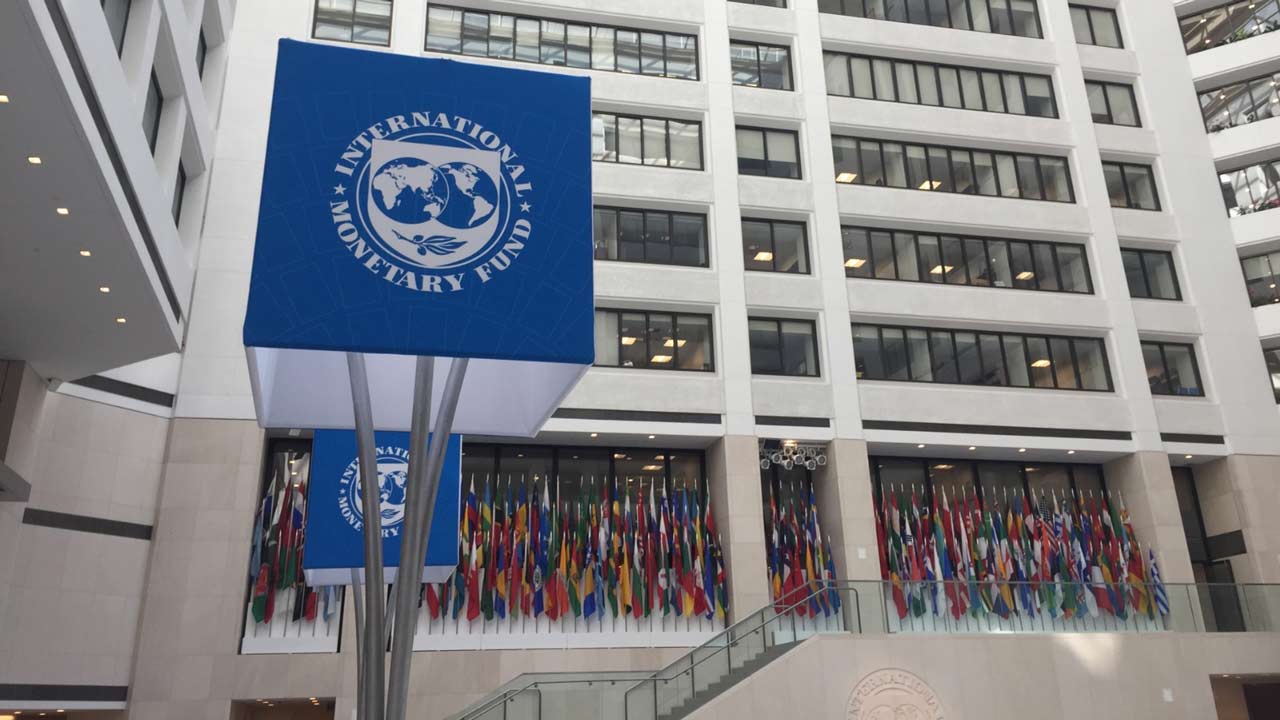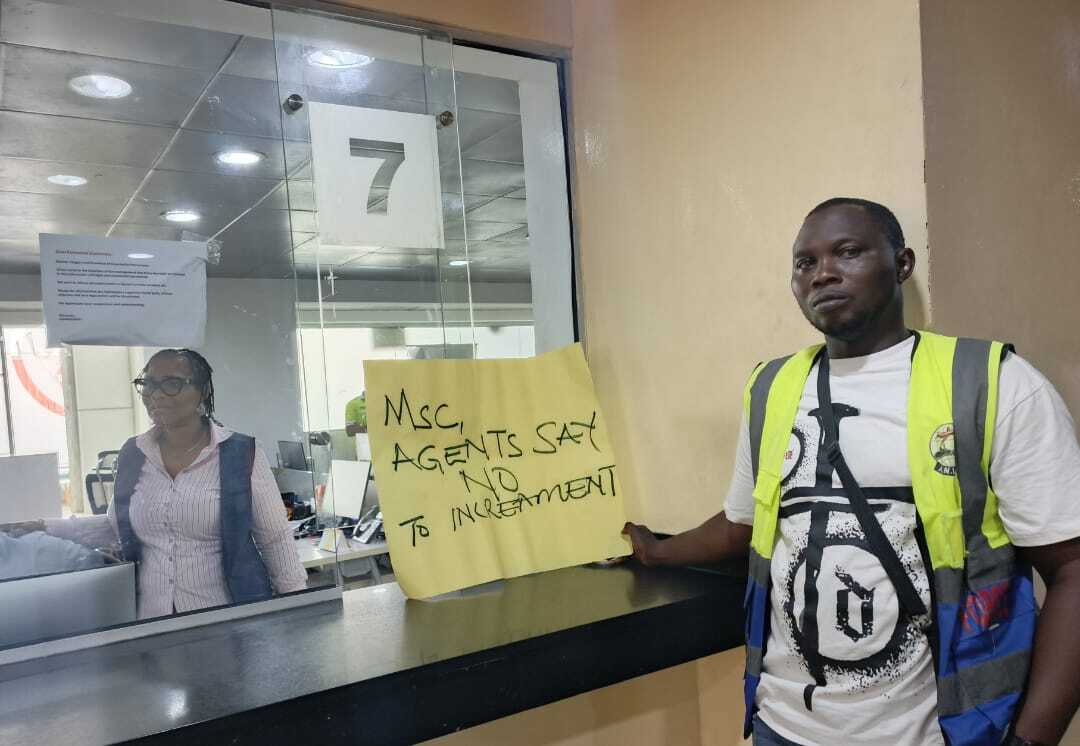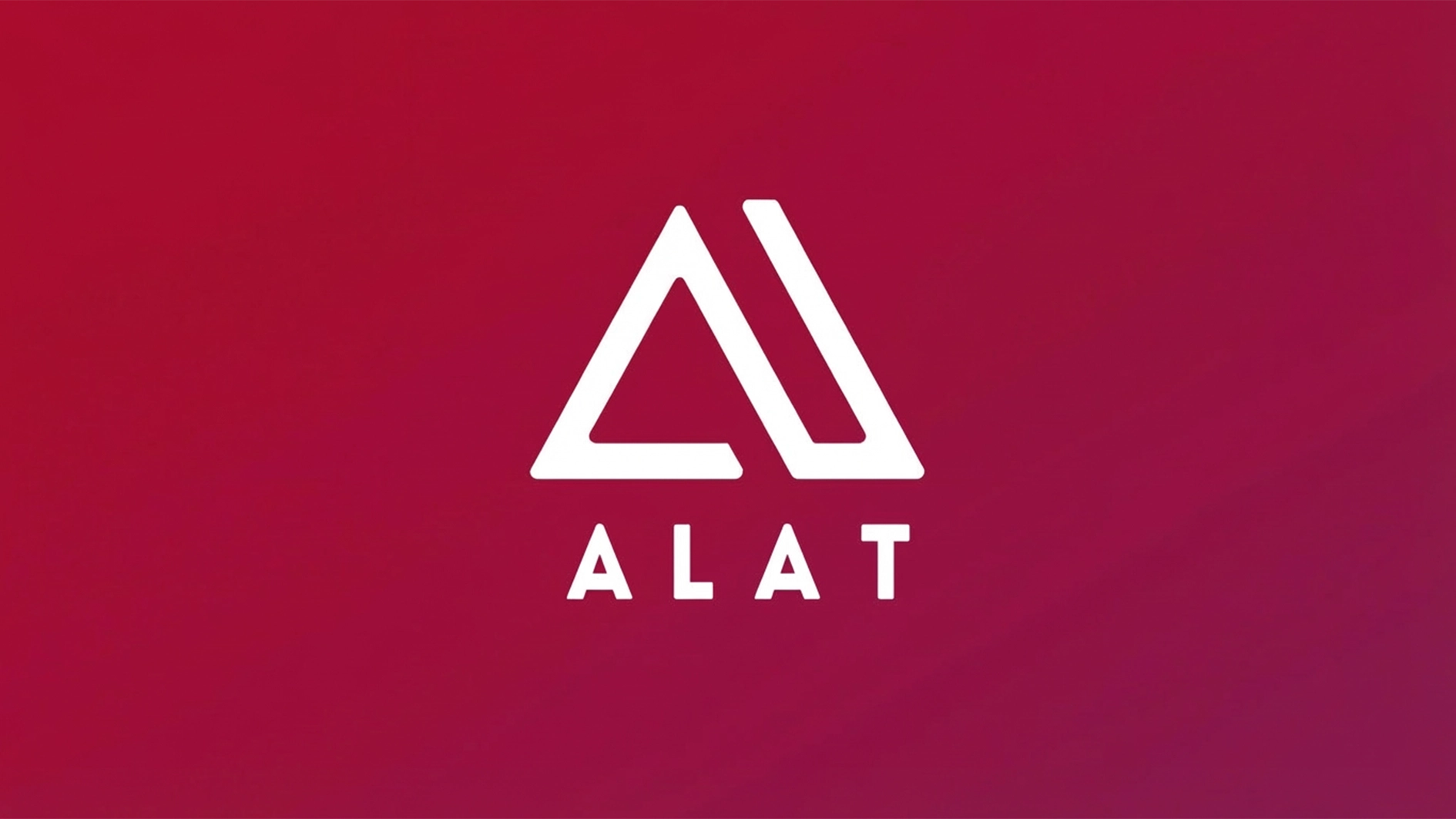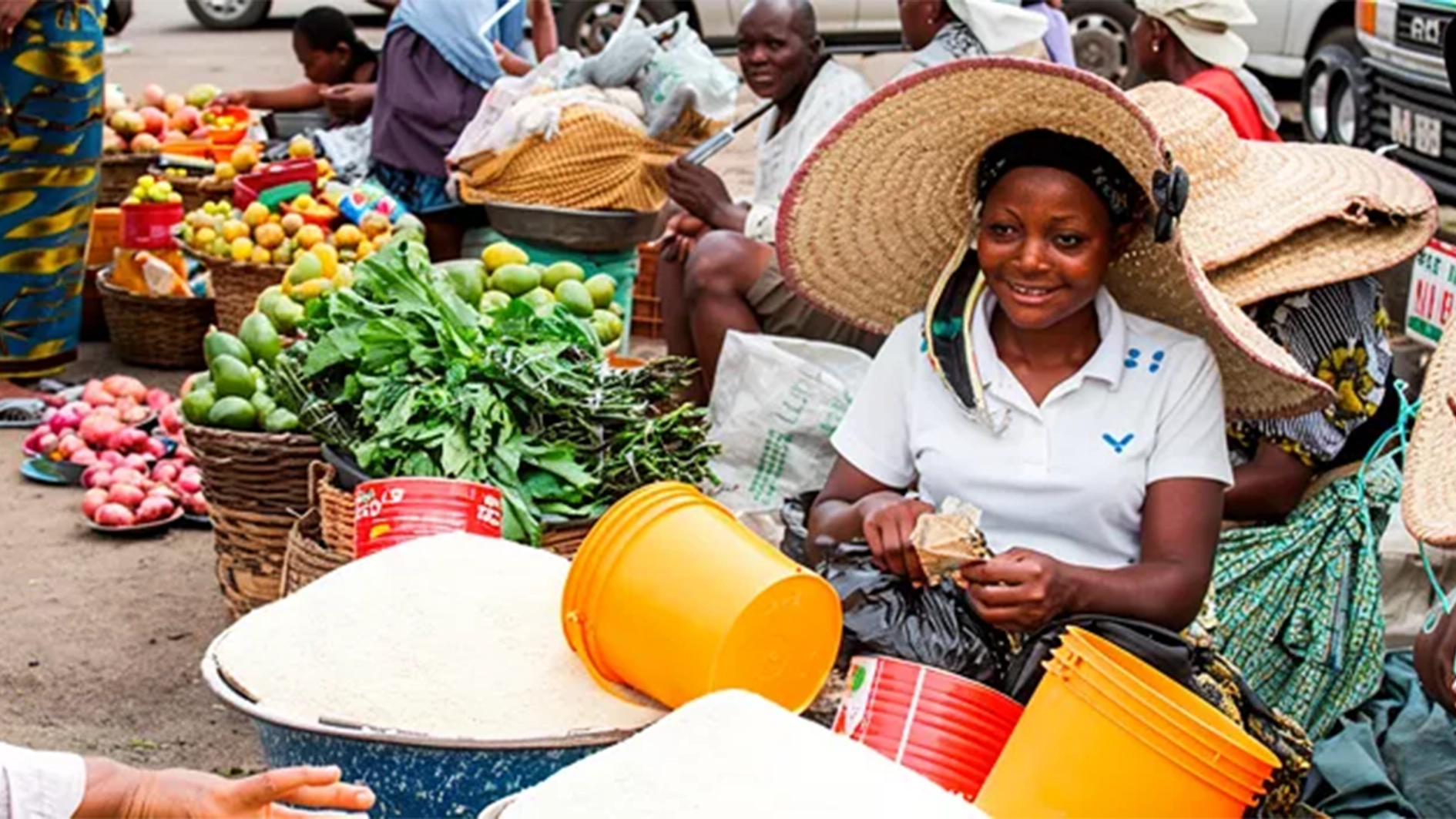
Action Aid Country Directors have called on the International Monetary Fund (IMF) and the World Bank to stop imposing a neo-colonial economic model, austerity policies and constraints to public sector wage bills but should instead support debt cancellation and progressive tax reforms for African countries.
They also called on African governments to coordinate collectively for a resolution to debt crises, based on radical renegotiation or debt cancellation.
The Country Directors, who made the demands during a meeting with the IMF and World Bank recently at Marrakesh, Morocco, lamented that the monetary agencies have imposed a neo-colonial model of economic development based on exploitation and extraction from the Global South, which has given rise to regular debt and economic crises.
They further lamented that the crises are being used to justify the imposition of harsh loan conditions and coercive policy advice on African governments, perpetuating dependency and stripping away the capacity of states through cuts to public spending.
They maintained: “Although some of the rhetoric has changed in recent years, in practice the IMF and World Bank are still attached to this cult of austerity, undermining progress on health, education and other public services and blocking Africa’s ability to respond and adapt to the climate crisis.”
As Opa Kapijimpanga, founder of the African Forum and Network on Debt and Development, recently stated, giving loan after loan has become a means for ‘the continued coloniality of the IMF.’
A recent research by ActionAid revealed that IMF enforced cuts and freezes to public sector wage bills have consistently blocked the recruitment of urgently needed teachers, nurses, midwives and other public sector workers with women mostly impacted.
They observed that the current ‘inequal international financial architecture’ makes access to financing inadequate and expensive, meaning countries in Africa pay interest rates that are four times higher than the United States and eight times higher than Germany.
While stressing need for systemic solution to the debt crisis that goes beyond the common framework and that fundamentally reforms the outdated international financial architecture, including through ensuring a fair representation of African countries, they called on governments to work together, to demand coordinated regional action across Africa to resolve the debt crisis – rather than allowing the blame to be placed onto individual countries.
“We call on the Ministers of Finance to follow up their bold and effective call in 2022 for a UN tax convention by making an even bolder call for collective action on debt and a new debt workout mechanism.”
“We echo the calls made by the African Caucus in July for ‘facilitating debt relief that is equitable, rapid, comprehensive, and sizable’ and for a transformation of the multilateral debt restructuring frameworks. Future mechanisms must be fully independent of the IMF so that governments in debt are not forced to pursue austerity policies.
“We know that there are alternatives to austerity. Indeed, a key IMF paper shows that ambitious action to expand tax-to-GDP ratios is key to financing the SDGs. But in practice the IMF does not recommend bold action on tax in Africa. The IMF continues to support regressive taxes such as VAT, passing the burden onto those least able to pay. There are many progressive and gender-responsive tax alternatives that can focus on raising revenue for public services from the wealthiest individuals and companies.
“We call on our governments to recognise these connections and to make debt cancellation and debt renegotiation a priority in climate finance negotiations at COP28 and in other international spaces. Climate finance, including for loss and damage, must be based on grants and global taxes, not loans. We also need to stop banks in the Global North from continuing to fund destruction and begin to #FundOurFuture.”
“We call on our governments across Africa to recognize that these institutions are fundamentally colonial in nature, formed before most African countries achieved independence. The voting structures of the IMF and World Bank remain basically unchanged since they were founded, giving power to the former colonisers to perpetuate a world order that does not recognise the voice, dignity and importance of the African continent,” they stated.






